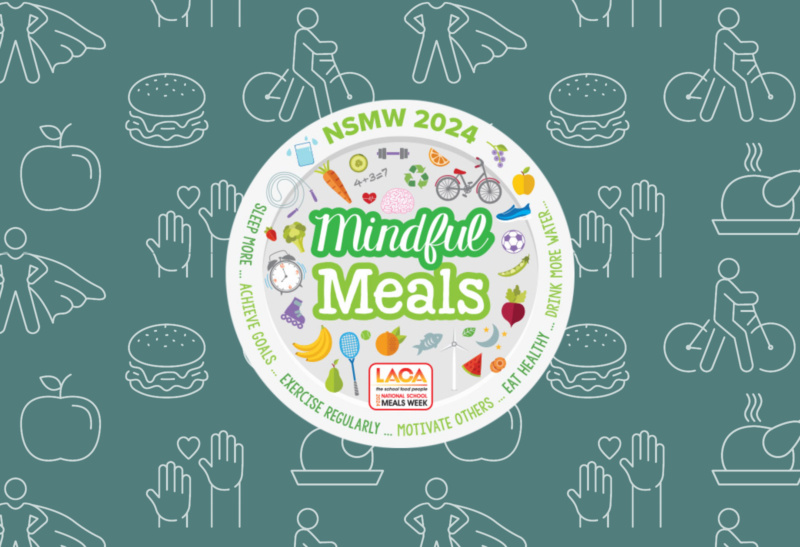Pat Fellows MBE is an award-winning catering specialist and is a well-known face within the industry with over 40 years’ experience within school meals catering. Pat has worked as a consultant for Bidfood during the past five years and is instrumental in relation to keeping the industry fully updated in all elements of Education catering
Schools are now open and it’s great to see the nation’s children back in their classrooms.
During the Covid-19 pandemic new information, guidance and changes have taken place on a daily basis, it has been a difficult to keep up with at times so here is an overview of what has been happening.
Universal Credit: – Benefitted Free School Meal entitlement.
As I’m sure you’re all aware there has been a lot of conversation recently around free school meals entitlement. It’s great to see it finally getting some of the light it deserves so we can continue to campaign for a better more inclusive system for children in need.
A huge factor in the more recent press coverage is Marcus Rashford who has formed a taskforce with some of the UK’s biggest food brands to try to help reduce child food poverty. The group of supermarkets, businesses and charities have backed proposals from the National Food Strategy for an independent review of UK food policy. It is hoped that this proposal could be included in the Government Spending Review to be announced in November.
The paragraph below is an extract from Henry Dimbleby’s recently published part 1 of the proposed National Food Strategy.
‘Expand eligibility for the Free School Meal scheme to include every child (up to the age of 16) from a household where the parent or guardian is in receipt of Universal Credit (or equivalent benefits). Under this recommendation, it is estimated that an additional 1.5 million, 7-16-year olds, would benefit from free school meals, taking the total number of children to 2.6 million. This is estimated to cost an additional £670 million a year. ‘
1.5 million extra free school meals a day may seem a lot but when measured against 9 school years in junior and secondary schools in some 22,000 schools in England it is possible to do.
It is important we are aware of these proposals in order to firstly support the movement but also prepare for changes the newly proposed school plan could bring.
To clarify and help you understand who in your schools are eligible for free school meals, the present criteria for Universal Credit and the benefit system are as follows:
A transitional protection states that if a child is eligible for free school meals, they will remain eligible until they finish the phase of schooling (primary or secondary) that they are in until 31st March 2022.
This means that the entitlement is reviewed when pupils transfer from year 6 to secondary school and when they finish year 11, otherwise the entitlement continues whatever the parents financial and employment situation is until the 31st March 2022.
The latest school food guidance
The Department for Education has published its updated school food guidance from September 2020 with information to help school and catering teams serve school lunches safely.
In my opinion, the government guidance during this time has been on many occasions ambiguous and unclear. It is one thing to advise these tasks but it is different to carry them out at the other end. It is also often guidance, and not law, which leads to further confusion.
However, in the guidance we have received, a key area to highlight is supporting free school meals pupils who may be quarantined at home. This includes providing food parcels for children who;
- are self-isolating
- have had symptoms or a positive test result themselves
- are a close contact of someone who has coronavirus (COVID-19)
- are not attending as a result of local lockdown arrangements
I feel this may be a particularly difficult area to navigate and could be one that needs to be implemented quickly given the current pace at which circumstances are tending to change. I suggest it is an area to read up on and familiarise yourself should a situation arise. You can find all the information here.
It’s important to remember the guidance states that all meals must still comply with the existing School Food Standards.
I hope that you find this update useful and it sheds some light on the recent news in the ever-evolving school catering sector.




